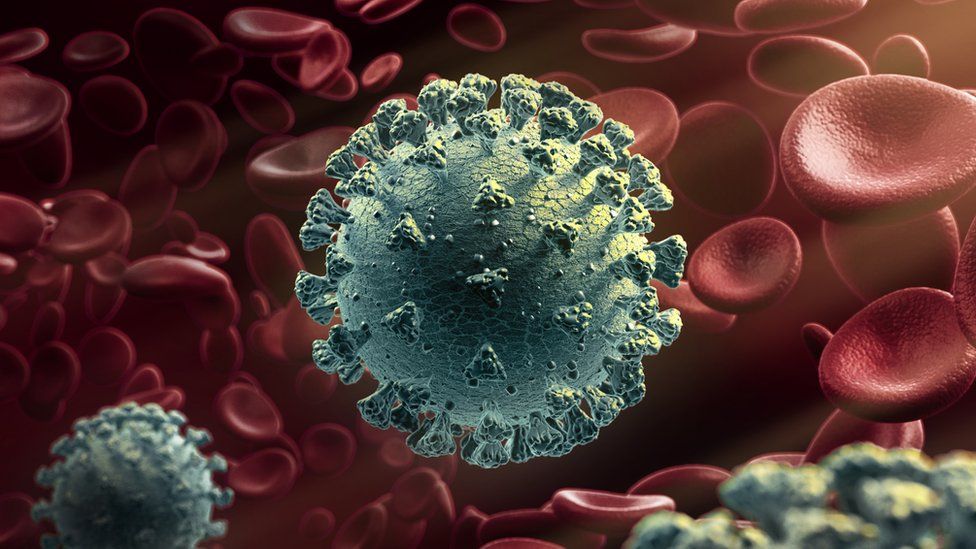Herd immunity is, for some of us, the clutch that we rested upon to assure ourselves that the pandemic has an end in sight – with or without vaccines.
Some officials in countries around the world even waved it as an unpopular and daring opinion. They were praised by some and condemned by others for it.
If you’re unfamiliar with the term, herd immunity – in principle – is the phenomenon observed when a significant portion of the population develops immunity to a certain disease. When their bodies can resist this disease’s cause (which, in corona’s case, is a virus), the virus has nowhere to run to.
It doesn’t mean, necessarily, that every person in the population is immune, it just means that, collectively and as a group, they’re protected. Infection rates drop, the disease dwindles, at-risk people are safer, and everybody’s happy.
Sound brilliant, and it’s supported by research from parts of Brazil and Italy.
But there’s a catch, of course.
1) Herd immunity is often discussed as the result of wide vaccination programs. Yes, vaccines will help big parts of the population build immunity too. Letting people return to normal is not the first way to achieve it.
2) Letting life just be, in order to achieve herd immunity, will cause unacceptable and unnecessary “untold human death and suffering,” according to expert immunologists and epidemiologists.
3) A new novel coronavirus variant motivated researchers to assert that it is “no longer an option.”
Researchers are now saying that Herd Immunity can’t be the objective, even for Covid-19 vaccines. The bold claim followed news that Oxford University/AstraZeneca’s vaccine isn’t protecting people infected with a recently-discovered South African variant of the virus from falling mildly or moderately ill.
According to a small study by Oxford and AstraZeneca, where 2,000 young people in South Africa were observed to find out whether their vaccine protects them from the new variant. According to the Guardian, scientists involved stated that “being vaccinated did not stop them getting Covid, albeit more mildly.”
Prof Shabir Madhi from the University of the Witwatersrand, and chief investigator of the study in South Africa said, “these findings recalibrate thinking about how to approach the pandemic virus and shift the focus from the goal of herd immunity against transmission to the protection of all at risk-individuals in the population against severe disease,” Madhi said.
Andrew Pollard, Professor of Paediatric Infection and Immunity, and Chief Investigator on the Oxford vaccine trial, said that stopping people from ending up in the hospital and dying should be the new goal.
“This study confirms that the pandemic coronavirus will find ways to continue to spread in vaccinated populations, as expected, but, taken with the promising results from other studies in South Africa using a similar viral vector, vaccines may continue to ease the toll on health care systems by preventing severe disease,” he added, according to the above-mentioned source.
According to the same source, “vaccine developers, Oxford and AstraZeneca are now working on tweaked vaccines that will prove tougher against the variant from South Africa.”




























